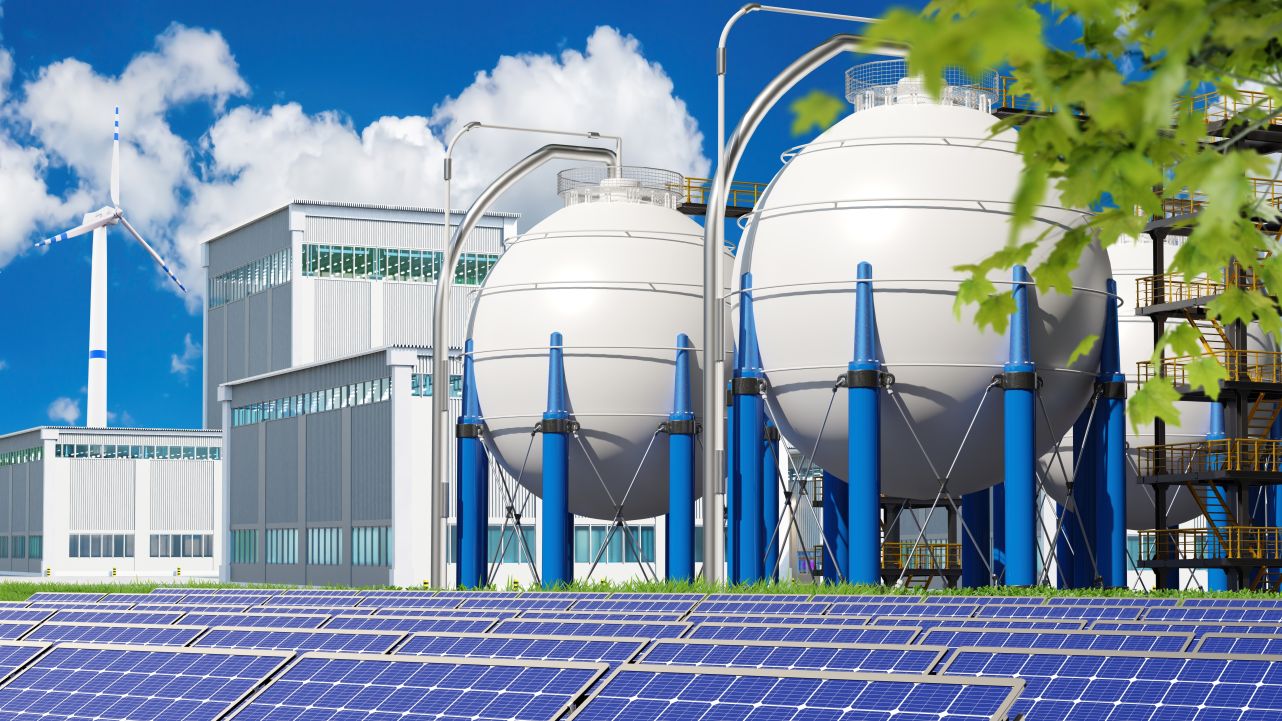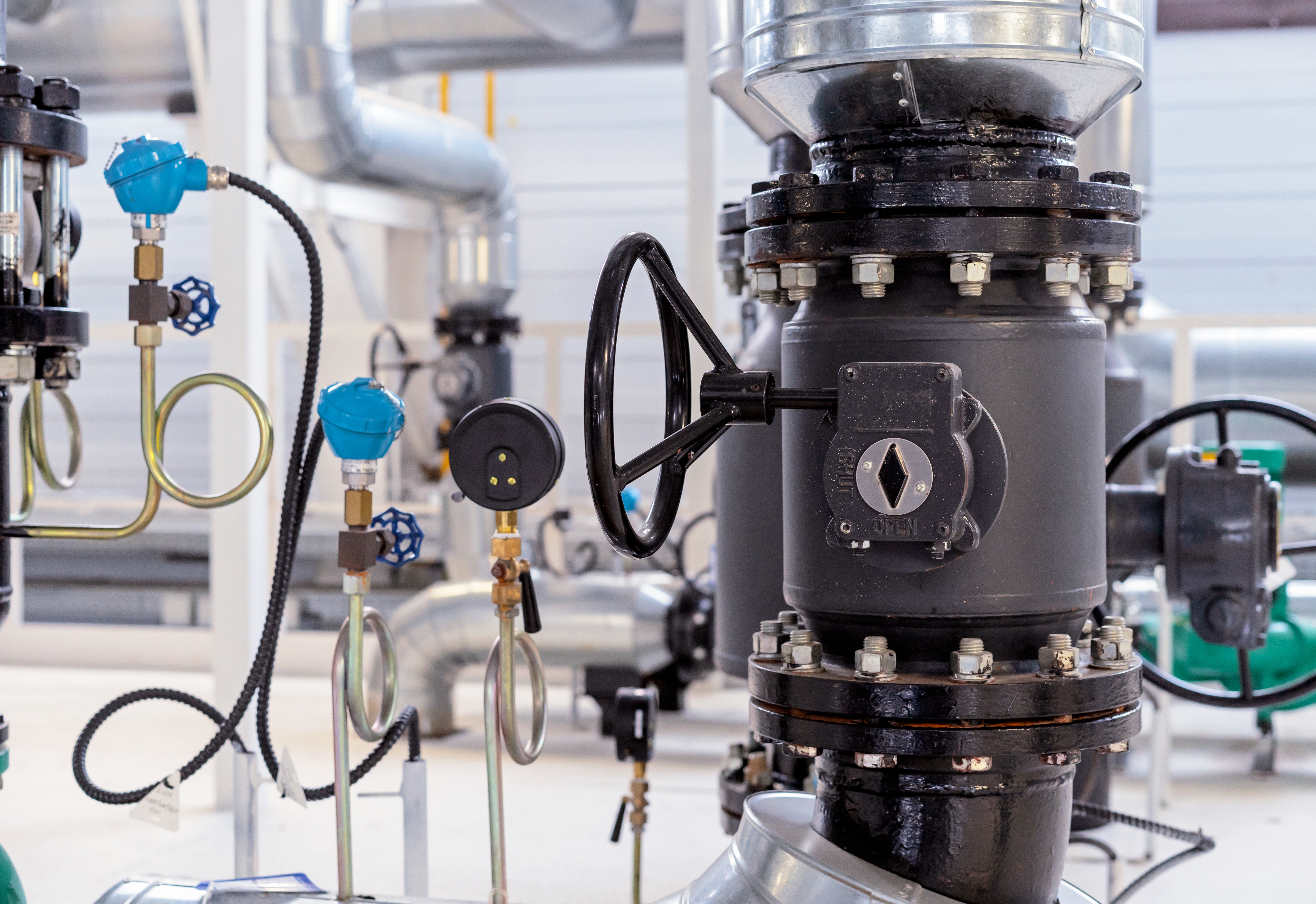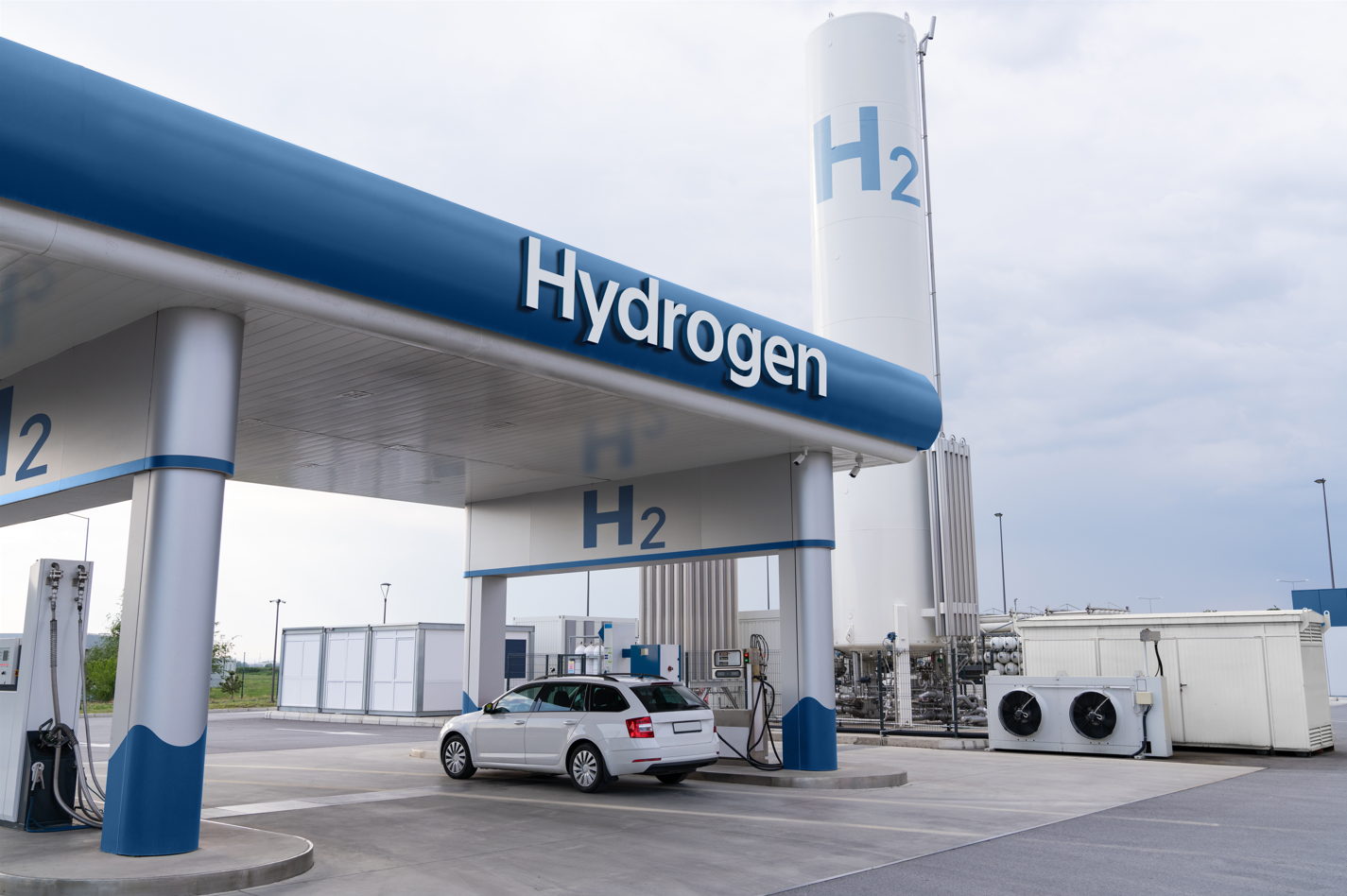Featured Articles
2024-04-19
[2024-04-19 ~
]
Hydrogen sensors that meet vehicle regulations extend their reach to hydrogen energy production

The increase in demand for hydrogen energy will naturally drive the market for hydrogen production electrolyzers. According to scenarios simulated by the International Renewable Energy Agency, the capacity of hydrogen production electrolyzers must be increased from the current 0.5GW to 350GW by 2030. Electrolyzer is not a new technology. In the past, there was no significant development due to lack of market appeal. However, recently, this high growth has completely changed its ecology, attracting the industry to use newly developed technologies to improve its performance. According to IRENA's analysis, if the design and manufacturing of electrolytic cells can be improved, the original rare materials used can be replaced with common materials, and the efficiency can be improved, and then the increasing shipment volume can be used to create economies of scale, there is an opportunity to reduce electrolysis costs by 40% in the short term. The investment cost of the tank can be reduced by 80% in the long term.
Since the car manufacturer has invested many years in the development of related components and materials for hydrogen vehicles and fuel cells, it not only masters key technologies but also has experience in reducing costs. Using these vested advantages to develop hydrogen electrolyzers will not only expand the territory of the hydrogen supply chain, but also reduce the cost of hydrogen energy and indirectly promote the sales of hydrogen vehicles. In February 2024, Toyota Motor announced that it would jointly develop a large-scale electrolysis system with Chiyoda Co., Ltd., using the production and mass production technology of electrolytic cell stacks held by Toyota's fuel cell technology, combined with the processing plant design technology and large-scale factory construction technology held by Chiyoda. , the goal is to develop a large-scale electrolysis system with high hydrogen production efficiency and the world's smallest electrolysis system, thereby bringing benefits such as lower cost, higher production efficiency and more stable quality to the electrolysis system required to produce green hydrogen.
Chang Hwan Kim, Hyundai Motor's senior vice president and head of hydrogen fuel cell and battery development, revealed at CES 2024 that the company is developing a megawatt-scale polymer electrolyte membrane (PEM) electrolyzer for green hydrogen production. Since the components of existing fuel cell systems can be used in this electrolyzer, the price is competitive and can be reduced to that of alkaline electrolyzers. The current market price of PEM electrolyzers is about 1.5 times that of alkaline electrolyzers.
In fact, not only car manufacturers, but also auto parts factories have also seen the favorable position of the automobile industry in hydrogen energy production.
In May 2022, Germany announced its entry into the water electrolyzer parts business required for hydrogen production. The company plans to invest up to 500 million euros in the development of water electrolyzer components by 2030 and will develop smart modules that combine control devices, power electronics and sensors with the core water electrolysis stack of the electrolyzer. The company believes that entering this market is to take advantage of its expertise in mass production and automobiles, thus mastering the two key factors involved in increasing hydrogen production, speed and cost.
This trend also proves that hydrogen sensors that comply with vehicle regulations can not only penetrate the hydrogen refueling station market, but can even be incorporated into hydrogen production equipment.
References
-
Kitakyushu City Government, Kitakyushu Hydrogen Certification Project (provided by Kitakyushu Hydrogen Certification System)
-
Energy-Forum on-line, 2022-03-22, The new コスモス electric motor industry standard hydrogen detection alarm device FCV is being popularized in factories
-
Toyota, 2024-02-05, Chiyoda Corporation and Toyota Jointly Developing Large-scale Electrolysis System
- Hyundai, 2024-01-10, Hyundai Motor Exhibition at CES 2024 Envisions Transition to Hydrogen Energy and Software-Defined Mobility Solutions
- Bosch, New area of business: Bosch to develop components for hydrogen electrolysis
-
TI, Sandeep Tallada, 2019-08, Basic considerations for sensors in the powertrain



